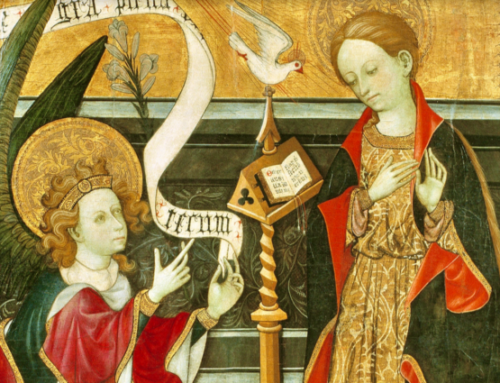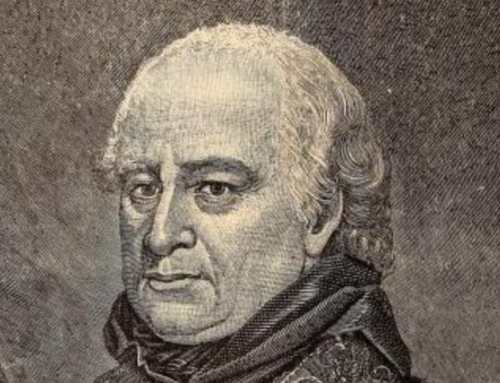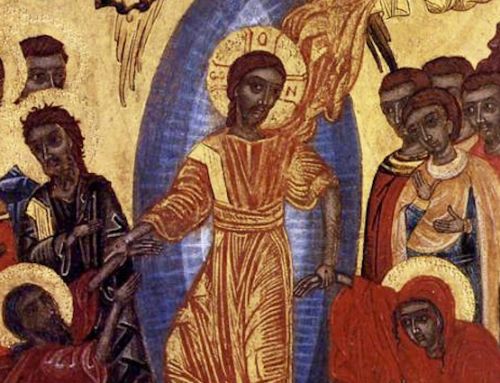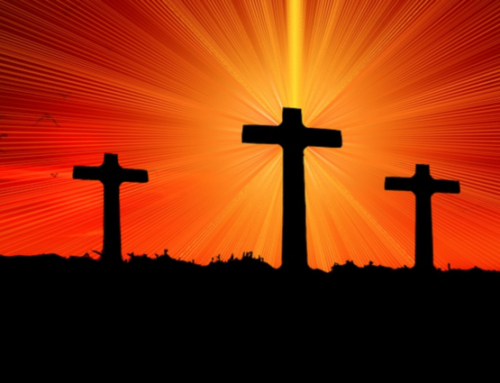The organ is typically associated with bland church music, less favorite arrangements of Christmas carols, and haunted houses. But Mozart himself called it “the king of instruments,” and if the daring listener wishes to venture into solo organ music for the first time, then R. J. Stove’s “The Gates of Vienna” is an ideal starting point.
The Gates of Vienna: Baroque Organ Music from the Habsburg Empire, performed by Robert James Stove (Ars Organi, 2018)
 The organ is in truth the grandest, the most daring, the most magnificent of all instruments invented by human genius. It is a whole orchestra in itself. It can express anything in response to a skilled touch. Surely it is, in some sort, a pedestal on which the soul poises for a flight forth into space. —Honoré de Balzac
The organ is in truth the grandest, the most daring, the most magnificent of all instruments invented by human genius. It is a whole orchestra in itself. It can express anything in response to a skilled touch. Surely it is, in some sort, a pedestal on which the soul poises for a flight forth into space. —Honoré de Balzac
There are two types of music lovers: those who like solo organ music and those who don’t. OK, there’s an in-between for sure. But even for classical music aficionados, the instrument is typically associated with bland church music, less favorite arrangements of Christmas carols, and haunted houses—the last because of Johann Sebastian Bach’s famous Toccata and Fugue in D Minor. Despite its mediocre reputation, the organ is an instrument of great power and color and expressive possibilities. It makes memorable and welcome appearances at the ends of Tchaikovsky’s Manfred Symphony and Camille Saint-Saëns’s Symphony no. 3 (earning it the nickname “Organ”), and was called by Mozart himself “the king of instruments.” Yet it still takes some selling to get the average listener to purchase a CD that features the instrument alone.
The Australian organist and musicologist R. J. Stove—the author of several books, including A Student’s Guide to Music History and César Franck: His Life and Times, as well as hundreds of essays for such publications as the American Conservative, Chronicles, the American Spectator, and Modern Age—is well aware of his instrument’s boring reputation: “There are millions of people who find organ music perhaps the world’s greatest turn-off,” he says, “along with bed-socks and Star Trek conventions.” As a pickup line, Mr. Stove suggests that “ ‘I’m an organist’ must rank alongside ‘I’m an accountant’ or ‘I majored in Swiss constitutional law.’ ” Thus, for his album of solo organ music—the debut release on his own label, Ars Organi—Mr. Stove has chosen a dramatic title, The Gates of Vienna: Baroque Music from the Habsburg Empire, complete with a stirring woodcut of Imperial forces fending off Ottoman Turks as they scale the city walls of Vienna in 1683.
If the album’s title thus strikes a note of familiarity with potential listeners, the names of the composers whose music is included here likely will not: Sebastian Anton Scherer, Gérard Scronx, Georg Muffat, Johann Kaspar Kerll, Johann Jakob Froberger, Lambert Chaumont, Jacob La Fosse, Joseph-Hector Fiocco, František Ignác Antonín Tůma, Jan Zach… and everyone’s favorite composer of old organ music, Anonymous. The present reviewer was familiar, and that only vaguely, with the Czech composer Zach. The others listed here were minor French, Flemish, Hungarian, and German composers—and another Czech, Tůma—of the seventeenth and eighteenth centuries.
What of their music? Mr. Stove writes in the booklet accompanying the CD: “If one can speak of an overriding international idiom which The Gates of Vienna’s selection of organ works exhibits, one would need to characterise that idiom as broadly conservative…. Yet within such fundamental conservatism can be found substantial variety of mood and approach.” Indeed, each piece here is no less than interesting and leaves one wanting to hear more compositions by these little-known masters, who also composed works in other genres, few of which have been recorded. Mr. Stove wisely varies his program so as to highlight the range of the organ and avoid boring the listener.
The album suitably begins with Scherer’s grand Intonation no. 1 on the First Tone. Scronx’s sprightly Echo is next (yes, it features echo effects), and then we are treated to what amounts almost to a mini-symphony in Muffat’s Toccata no. 11. Kerll’s Bespiel in C Major—at least the piece is attributed to him—belies its ho-hum appellation (Example in C Major) in its two festive minutes. Froberger’s Toccata no. 5 for the Elevation conveys a sense of mystery and even deep emotion; as Mr. Stove tells us, it was written for the climactic elevation of the Host at the Catholic Mass. (Froberger indeed attached descriptive programs to several of his keyboard pieces.) Kerll returns with his Canzona no. 2, a work that rightly sings. Tracks 7–17 on the album are excerpts from Chaumont’s Pièces d’Orgue, miniatures all, yet each one individual and well-characterized by Mr. Stove.
La Fosse’s Trompet Bas is a stately piece, while Fiocco’s Andante in E Minor is contemplative. The anonymous Alia Chorea from the Hungarian Vietórisz Codex is one of the highlights of the album, lively with a catchy tune: “the name chorea… refers to a round dance,” Mr. Stove tells us. This is followed by Tůma’s brief but engaging Trio in E Minor and Zach’s more imposing Prelude and Fugue in C Minor. The album concludes with what Mr. Stove himself describes as a “Copland-esque ‘Hoe-Down,’ ” the Dance of Lázár Apor, another anonymous Hungarian work, this one from the Kájoni Codex. One is tempted to say that it is Anonymous who will be best remembered by listeners after hearing this album.
Mr. Stove reports that this album was a three-year project, with care taken to present each piece with technical perfection, as well as feeling. He is clearly a master of the instrument. The album is also a musicological achievement, bringing to our attention many seldom-heard and little-recorded works by these unknown masters. In the album’s booklet, Mr. Stove helpfully provides mini-biographies of the composers and brief analyses of each work recorded here. The sound is excellent, with suitable resonance that yet maintains near-perfect inner clarity. (The recording was made at St. Patrick’s Catholic church in Mentone, Victoria, Australia.)
If the daring listener were to wish to venture into solo organ music for the first time, I would recommend R. J. Stove’s The Gates of Vienna as an ideal starting point.
Republished with gracious permission from Modern Age (Fall 2018).
The Imaginative Conservative applies the principle of appreciation to the discussion of culture and politics—we approach dialogue with magnanimity rather than with mere civility. Will you help us remain a refreshing oasis in the increasingly contentious arena of modern discourse? Please consider donating now.
The featured image is a detail from “Battle of Vienna,” by Pauwel Casteels, and is in the public domain, courtesy of Wikimedia Commons; the image of Mr. Stove is courtesy of Ars Organi.








Leave A Comment